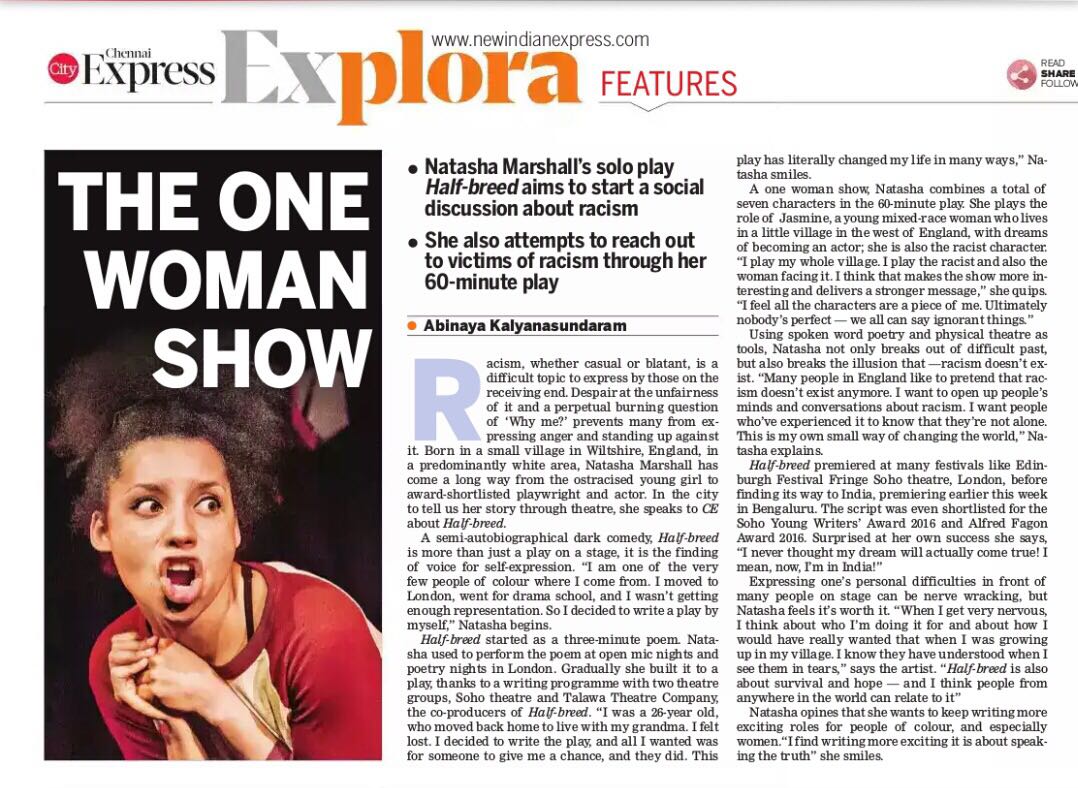Multiracial Parents: Mixed Families, Generational Change, and the Future of Race
New York University Press
November 2017
192 pages
2 tables and 1 figure
Cloth ISBN: 9781479840540
Paper ISBN: 9781479825905
Miri Song, Professor of Sociology
University of Kent

The views and experiences of multiracial people as parents
The world’s multiracial population is considered to be one of the fastest growing of all ethnic groups. In the United States alone, it is estimated that over 20% of the population will be considered “mixed race” by 2050. Public figures—such as former President Barack Obama and Hollywood actress Ruth Negga—further highlight the highly diverse backgrounds of those classified under the umbrella term of “multiracial.”
Multiracial Parents considers how mixed-race parents identify with and draw from their cultural backgrounds in raising and socializing their children. Miri Song presents a groundbreaking examination of how the meanings and practices surrounding multiracial identification are passed down through the generations.
A revealing portrait of how multiracial identity is and is not transmitted to children, Multiracial Parents focuses on couples comprised of one White and one non-white minority, who were mostly “first generation mixed,” situating her findings in a trans-Atlantic framework.
By drawing on detailed narratives about the parents’ children and family lives, this book explores what it means to be multiracial, and whether multiracial identity and status will matter for multiracial people’s children. Many couples suggested that their very existence (and their children’s) is a step toward breaking down boundaries about the meaning of race and that the idea of a mixed-race population is increasingly becoming normalized, despite existing concerns about racism and racial bias within and beyond various communities.
A critical perspective on contemporary multiracial families, Multiracial Parents raises fundamental questions about the future significance of racial boundaries and identities.
Table Contents
- Acknowledgments
- Introduction: Mixed People and ‘Mixing’ in Today’s Britain
- 1. Multiracial People as Parents
- 2. How Do Multiracial People Identify Their Children?
- 3. The Parenting Practices of Multiracial People
- 4. Multiracial People, Their Children, and Racism
- 5. The Future: ‘Dilution’ and Social Change?
- Conclusion: A Generational Tipping Point?
- Appendix: Participants
- Notes
- References
- Index
- About the Author







